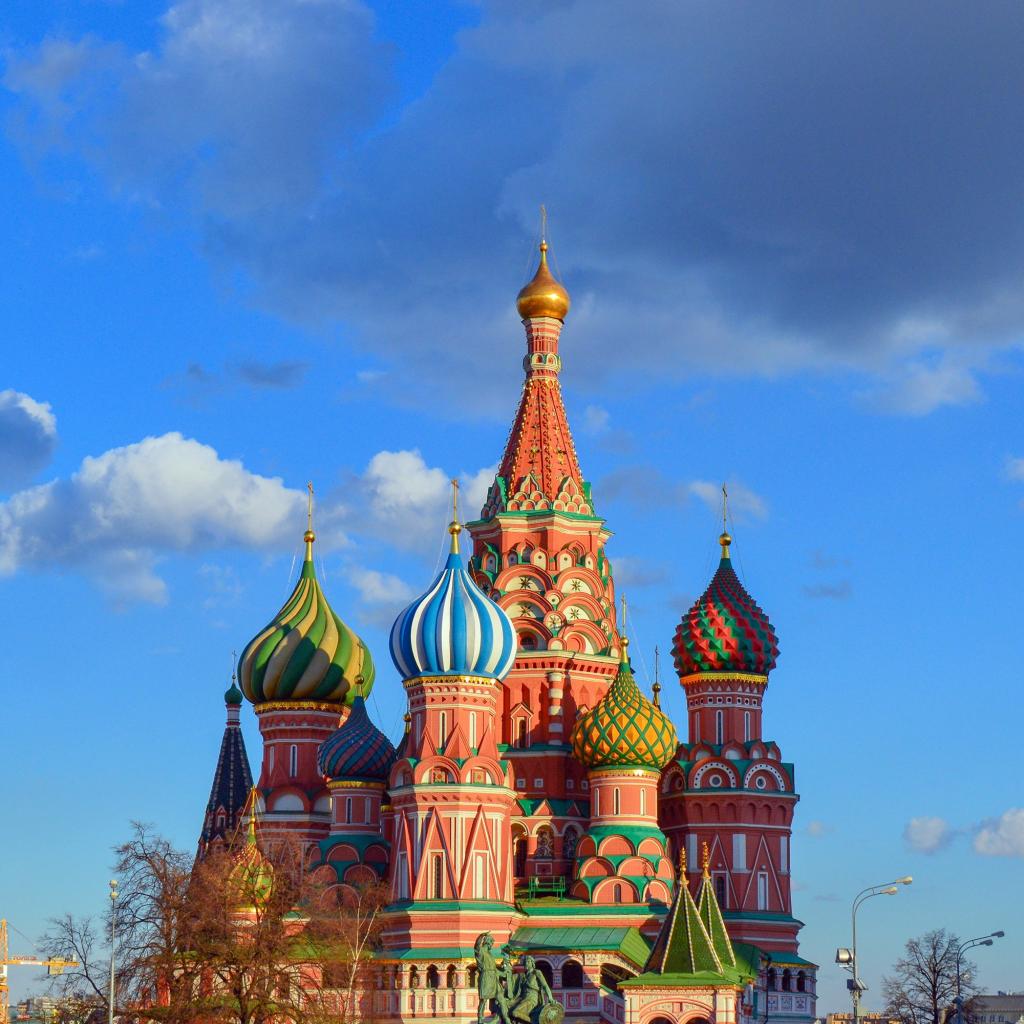Abstract
The paper on the case study of the contemporary regime in Russia questions the classical theory of the positive influence of middle classes on democratization processes. The author introduces arguments for the following three hypotheses. (1) An essential part of the middle class in Russia is dependent on the state, predominantly in the form of employment in the state sector. (2) This dependence is the main reason why the middle class in Russia keeps preserving the status quo. (3) The middle class in contemporary Russia, therefore, does not serve as a support for the democratic transformation of the regime. The author employs a method of statistical data analysis and concludes that the Russian middle class prefers a strong state to individual freedom and expresses deeper support for the state institutions than the lower class. The author offers the explanation based on the strong relations between the middle class and the state in Russia, supported by the data showing that public sector employees are the fastest growing segment of the Russian middle class.
Keywords: Russia, middle class, democratization, transformation


